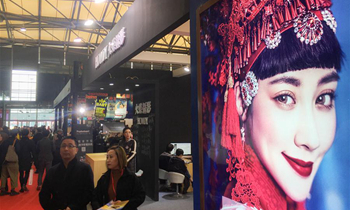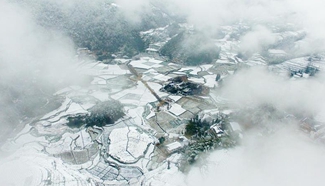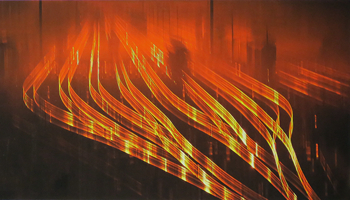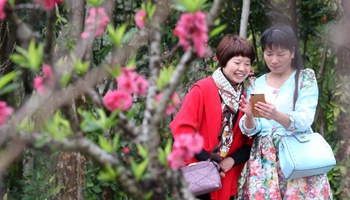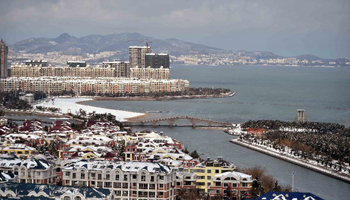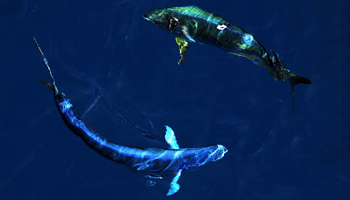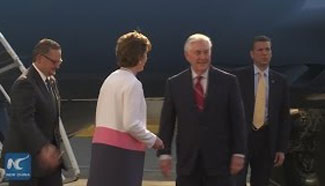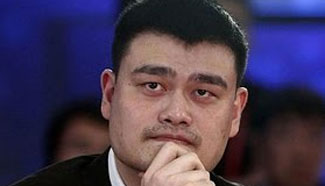NANJING, Feb. 23 (Xinhua) -- Over 50 Chinese and overseas scholars on Thursday called for establishing a better Sino-Japan relationship through facing up to the history and deeper communication at a seminar in Nanjing, a city known for the "Nanjing Massacre" during World War II in east China's Jiangsu Province .
The seminar, titled "new visions on the peace of East Asia" was organized by the Peace Studies Association of Japan (PSAJ), school of history in Nanjing University and some think tanks in China.
Experts reached consensus that both countries should learn from historical lessons and look forward to the future to consolidate mutual trust.
"Truth, justice, forgiveness and peace are the four elements to reconciliation. People will not relieve from painful memories of the past until they were assured that things were going in the right direction," said Liu Cheng, professor at school of history in Nanjing University.
On Dec. 13, 1937, Nanjing, the Chinese capital for six dynasties, fell to Japanese invaders who went on to slaughter civilians for more than a month. About 300,000 Chinese were killed, and 20,000 women raped.
However, right-wing Japanese nationalists have in various ways denied the massacre, either by refusing to recognize the numbers of victims, discrediting survivors, and even claiming that the carnage never happened.
Noting Japan's distorted perception on wartime history has strained bilateral relations in recent years, experts at the seminar called for an honest and open look at the past to avoid the repeat of historical tragedy.
Despite the frictions, a better Sino-Japan relationship will help promote regional cooperation and world peace, experts at the seminar also agreed.
Kodama Katsuya, professor at Japan's Mie University, used the word "rainbow" to describe Sino-Japan relationship. He said a sunny day always followed downpours and China and Japan could build trust and understanding through bilateral exchanges in culture, tourism, education as well as disaster relief.

